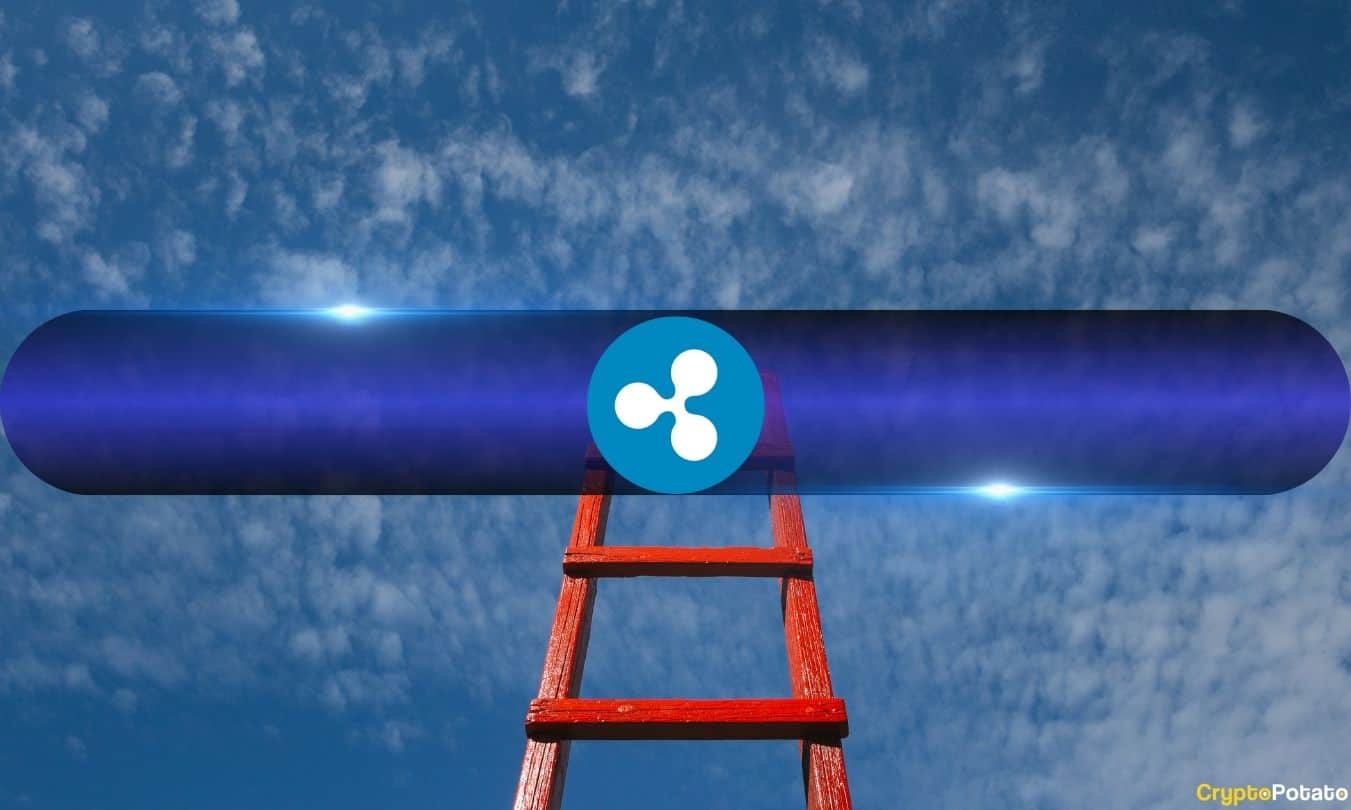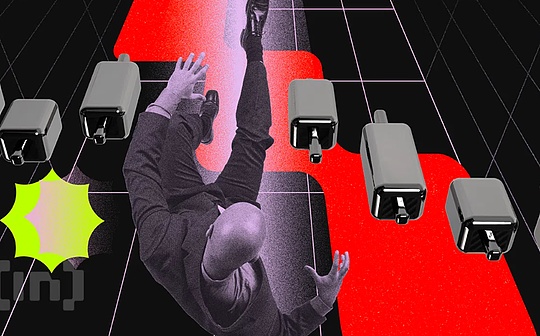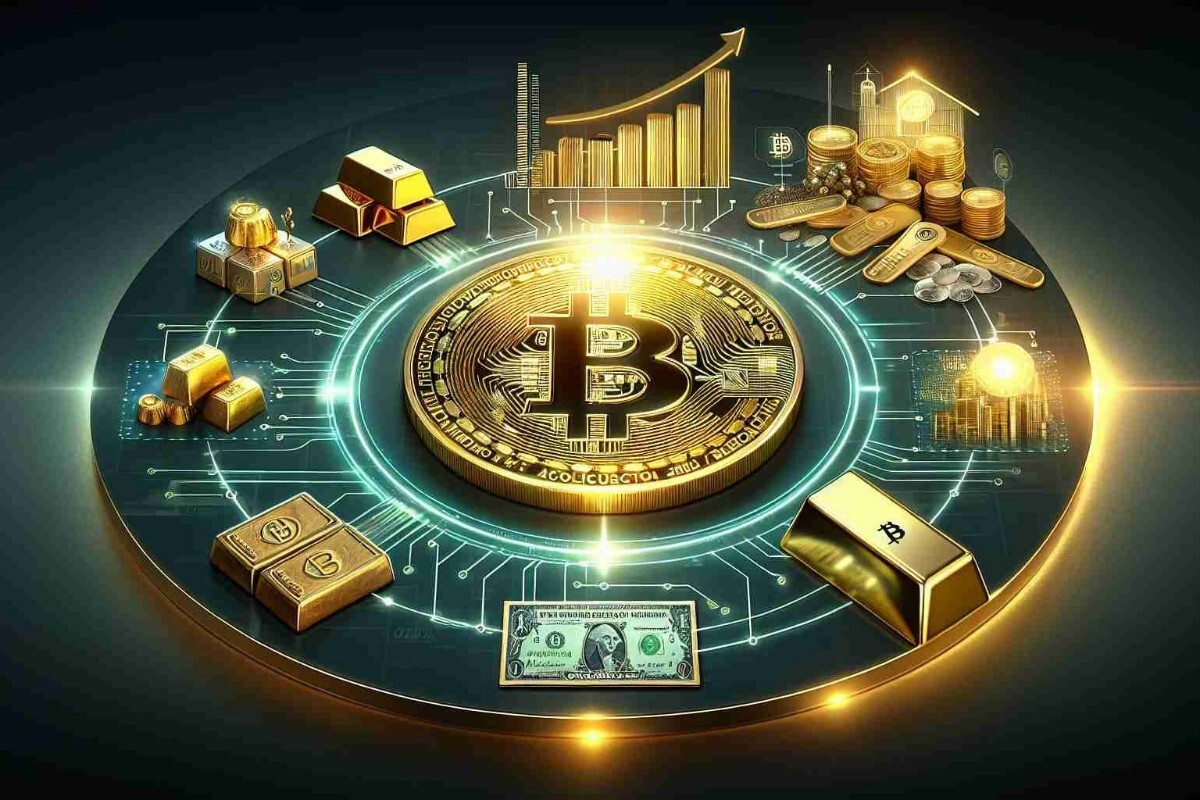Federal Reserve officials unanimously agree that Trump's reciprocal tariff policy has shaken their judgment on the direction of the economy.Could lead to a fierce internal debate——How to balance inflation and employment goals and formulate correct monetary policy responses.
Since Trump announced and suspended a series of global import tariffs, Fed officials, including Chairman Powell, have admitted they may be forced to make a difficult choice: whether to ensure inflation is controlled (although tariffs may push up prices) or to prioritize support for jobs (economic growth is slowing in the face of widespread uncertainty among households and businesses and weak demand).This policyDifferencesProbably in the coming weeks or months, the Fed has been able to keep interest rates unchanged until Trump's final decision and its impact on employment, prices and economic outlook are clearer.
Upcoming data are expected to show weak inflation, which stems from the housing and service industry trends formed at the end of last year; on the other hand, consumers rush to buy imported goods such as cars and computers before the tariffs take effect, driving short-term growth and employment. However, when Powell updated his economic outlook on Wednesday, his and his colleagues’ judgments about the direction of the U.S. and global economy seem to be becoming more blurred rather than clear.
Recently, Fed policymakers have proposed a variety of possible scenarios.This includes reducing interest rates significantly to save the recession, or maintaining monetary tightening to curb inflation and preventing the public from losing confidence in its ability to control prices.Fed governor Waller said on Monday:“The new tariff policy is one of the biggest shocks on the U.S. economy in decades.” If Trump implements all the announced tariffs, including the current suspended portion, “its impact on output and employment may be longer and become an important factor in determining the monetary policy stance. If the economic slowdown is severe or even threatens a recession, I tend to cut interest rates earlier and more dramatically.”
Other officials advocated a wait-and-see attitude and wait for the data to clarify its direction.Others stressed that policies should be biased towards controlling inflation, fearing that any other approach could undermine public trust in the Fed, leading to higher inflation expectations and ultimately forcing more radical responses.
The debate marks a regression for the Federal Reserve.Last year, as the annual inflation rate gradually fell to2%, the unemployment rate is stable at or below the full employment level (about 4.2%), and the "soft landing" in the post-epidemic era seems to be within reach. Now, discussions are back to the “sacrifice ratio”—that is, how much unemployment is needed to curb inflation. Market volatility intensifies and tightening of the financial environment may curb economic activity. The Fed's speech once again mentioned the importance of inflation expectations, and even mentioned the old story of former Chairman Volcker curbing inflation through high-pressure interest rates and recessions decades ago.
According to the current policy framework, the Fed's decisions ostensibly depend on which of the two major goals of inflation and unemployment deviates further and is more difficult to repair. But internal views on risks may be hugely different: different data interpretations are different, and different calculations on how to allocate the cost of solving problems are also different.——If the inflation risk is greater, higher unemployment rates will be tolerated; if employment and growth decline severely, higher inflation risks will be tolerated.
Christine, professor of economics at MIT Sloan School of Management and former member of the Bank of England interest rate development committeeForbes(Kristin Forbes)In view of the recent struggle against inflation,The Fed should give priority to keeping prices stable."In the post-epidemic inflation period, people who cannot keep up with price increases have suffered. Policymakers consider future paths, not only should they weigh changes in inflation and employment, but they should also consider the impact on price levels and cost of living."
Krishna Guha, Vice Chairman of Evercore ISI and Head of Global Policy and Central Bank Strategy(Krishna Guha)It is not only the level of future inflation and unemployment, but also the expected duration of——This judgment will depend partly on prediction accuracy in turbulent environments, with a higher risk of errors. “It all comes down to whether inflation continues and whether the inflation shock from tariffs is (basically) one-off.”
Guha said,"Inflation sustainability is a subjective judgment. You need to observe core inflation after the tariff is removed, as well as productivity-adjusted wages, and also focus on inflation expectations. If expectations and core inflation are generally controllable,The Fed will rise about the unemployment rateRate cuts at 25-30 basis points – but not ahead of schedule.”
















No comments yet